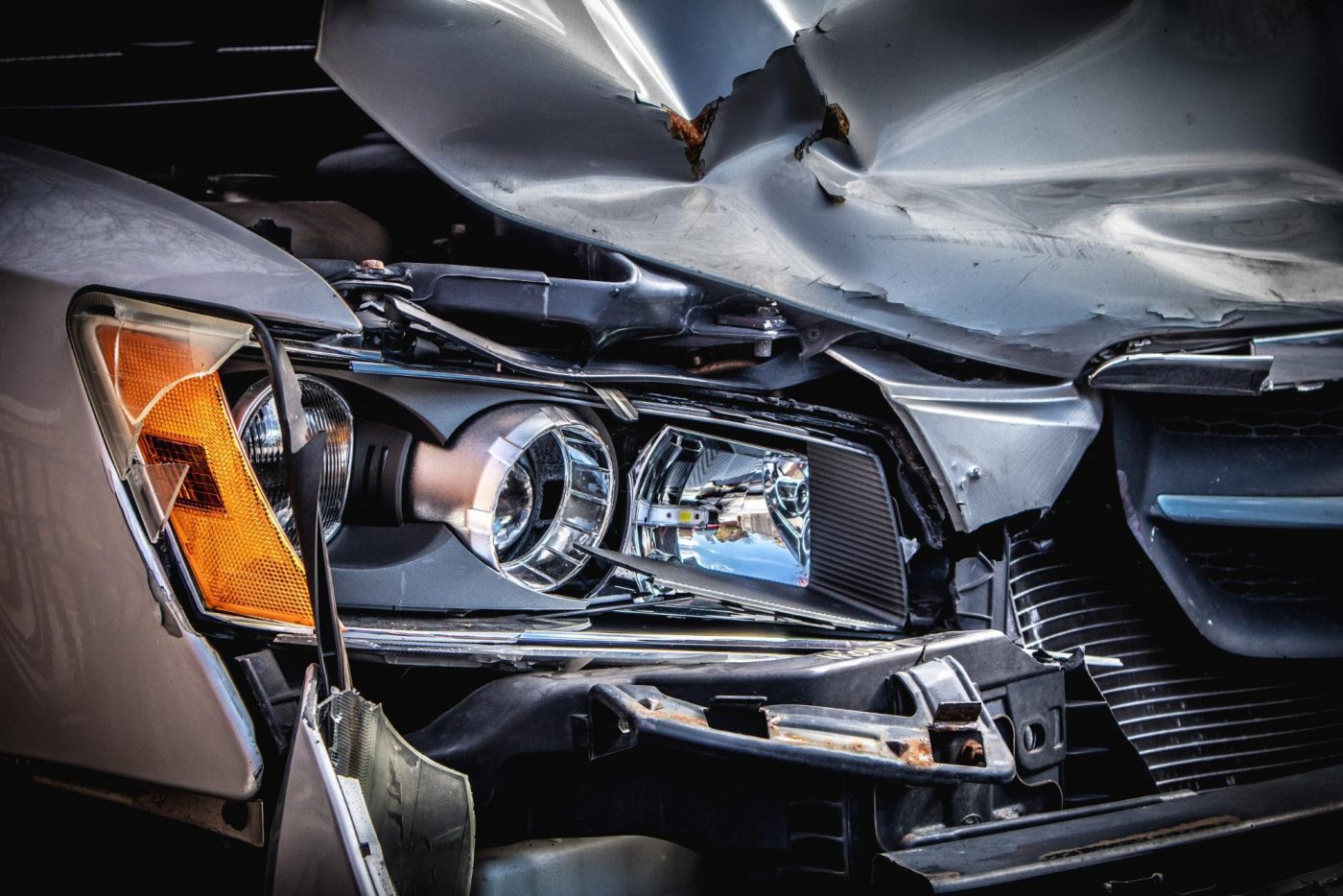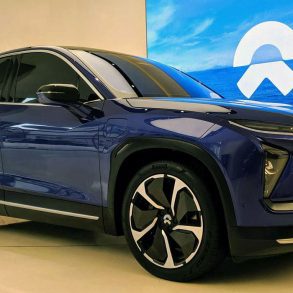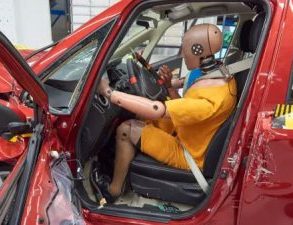Looking to Buy a Car?
You’ve probably heard it said before that you shouldn’t purchase a used car without getting a vehicle history report. That is good advice, but if you’ve never paid for a vehicle history report before you might be wondering why these things are so important and what they can really show you anyway.
Well, I thought it best to take a closer look at what exactly a vehicle history report is and what it can show you about a car that you’re thinking of purchasing.
If you know exactly what is in there, then you’ll be able to more easily understand why this kind of report is so important when it comes to buying a used car. So, without further ado, let’s get into what exactly a vehicle history report really is.
What Is a Vehicle History Report?
A vehicle history report is simply a detailed account of the car’s life thus far. While it wont show you every minor detail it can show you quite a lot. You see, every time a vehicle is in an accident or has a title discrepancy or some other issue, that information is reported to insurance companies, government organizations, and other entities. So, a car’s history is regularly collected.
When you order a vehicle history report, all of the information that’s associated with that particular vehicle’s VIN gets pulled and organized into one digestible document. This is the report that you get that will show you exactly what has happened to the car over the course of its lifetime.
Why Do You Want to Get a Vehicle History Report?
There are thousands of used cars out there for you to choose from. Even if you have a very specific model and trim level of car you want to buy, there are likely multiple options within a certain radius of where you live.
You want to buy a vehicle that’s in the absolute best condition. This means finding the car that has a clear ownership history, no accidents, recall status up to date, and the proper mileage is key. A good vehicle history report will show you all of these things and so, so much more.
Sure, you can buy a car without a vehicle history report, but I’m not sure there’s a good reason not to. You can purchase a vehicle history report from a company like REVs Check Report, for a very affordable price. In most cases, the dealership you’re interested in buying the car from will be happy to pay for the report in order to get the sale. With that in mind, there is little need for you to buy a car without first getting a vehicle history report.
If you’re going through a dealer and the dealer refuses to provide you with a vehicle history report, it might be smart to simply go elsewhere.
What Exactly Will a Vehicle History Report Show You?
So, you’re getting a vehicle history report for the car you’re interested in. What can you expect to see? You should expect to see a very clear list of information. That information will include the following things:
- Engine theft records
- Number plate thefts
- Stolen VIN records
- Storm or flood damage records
- Collision and parts damage
- Inspection information
- Repairable write-offs
- Encumbrance records
- Secured parties details
- Contact information
- VIN
- Vehicle classification and body type
- Make, model, year
- Engine number
- Expiration date for registration, etc.
- Territory/state details
- Recall status
Obviously, how much data is in each of these categories will depend on the vehicle. For example, a single owner used car that has lived a relatively normal life might not have much information about it simply because there isn’t much to tell. Whereas other cars that have changed hands multiple times will have much more detailed and longer reports. Keep this in mind when looking through the results.














